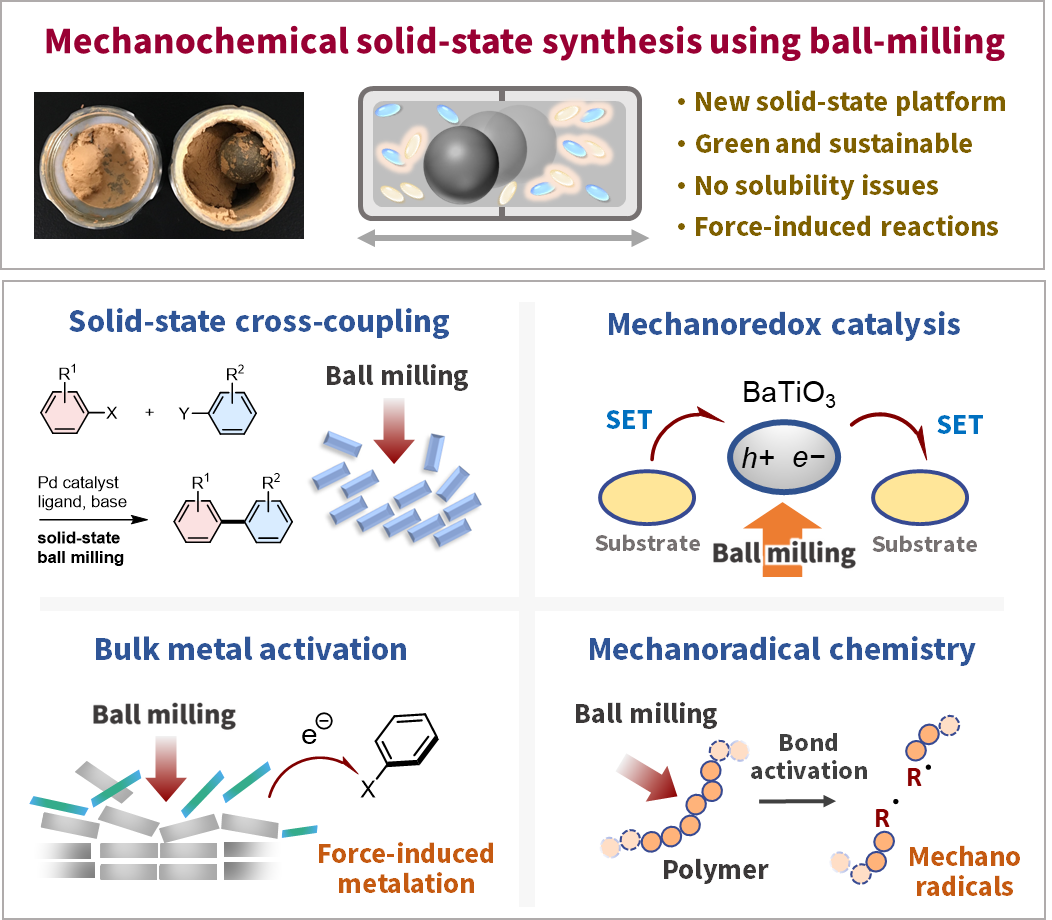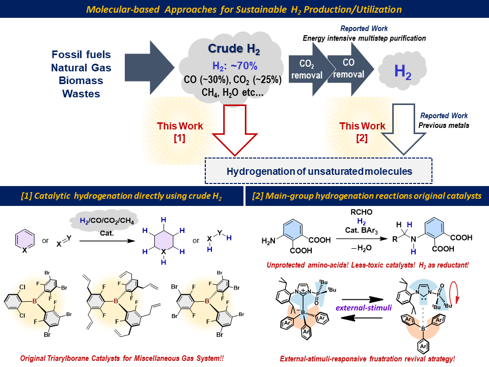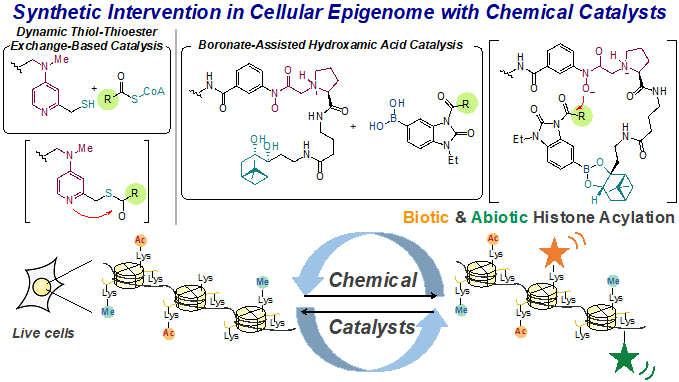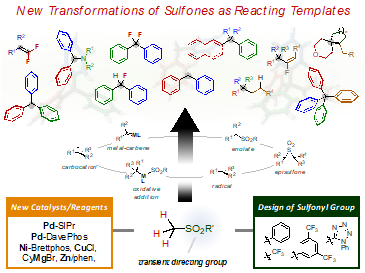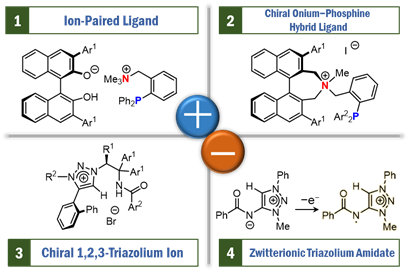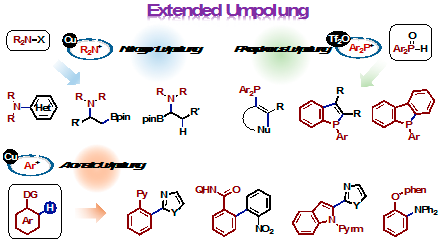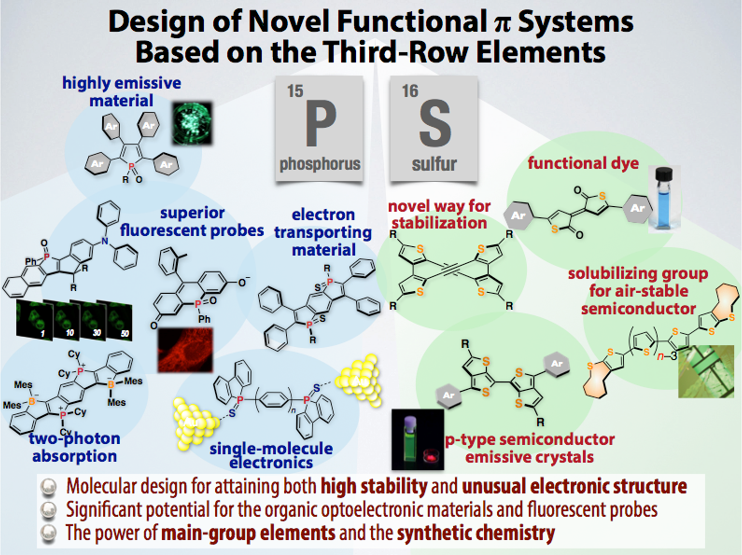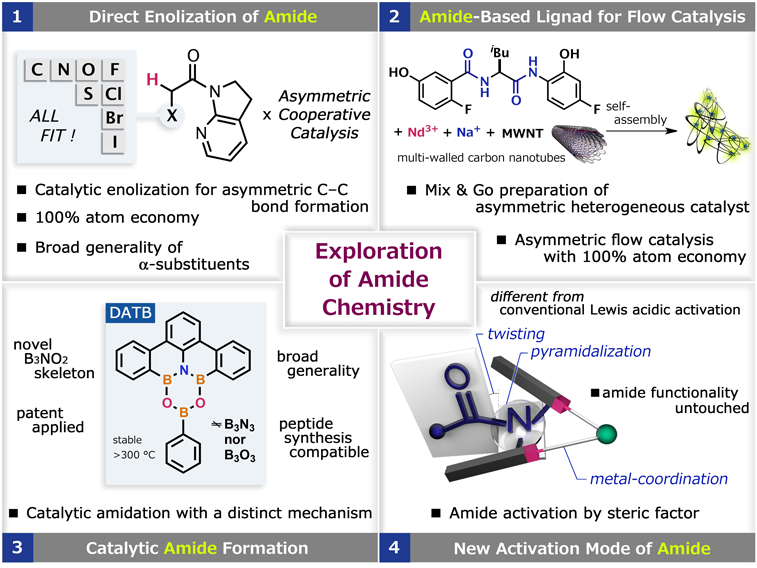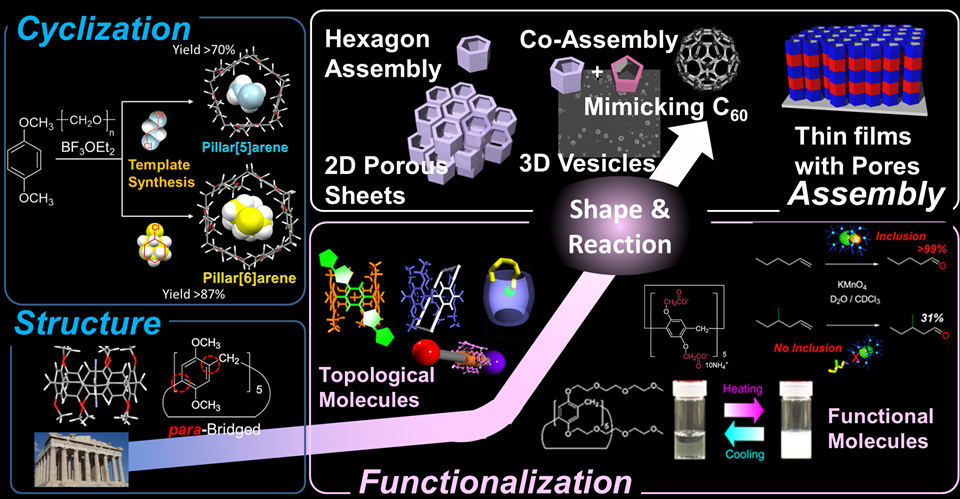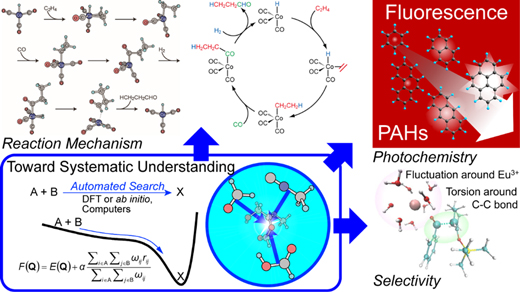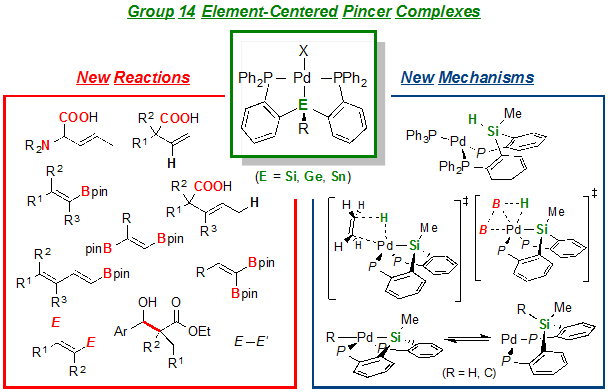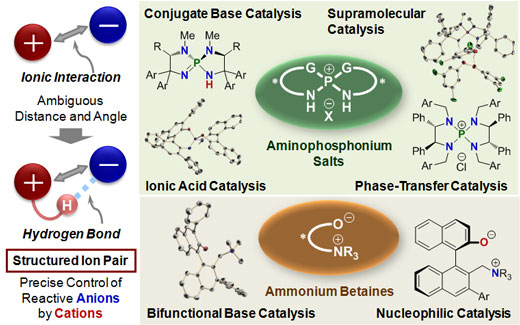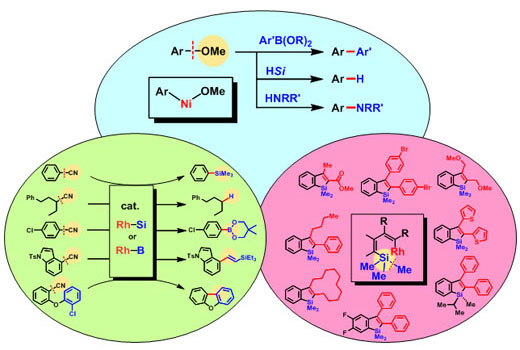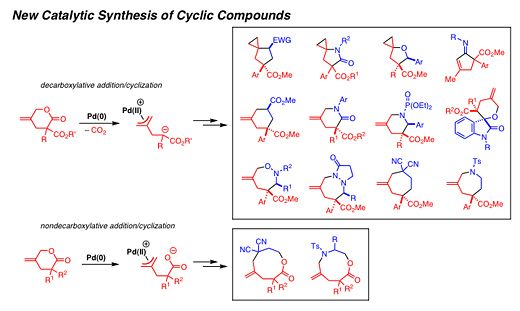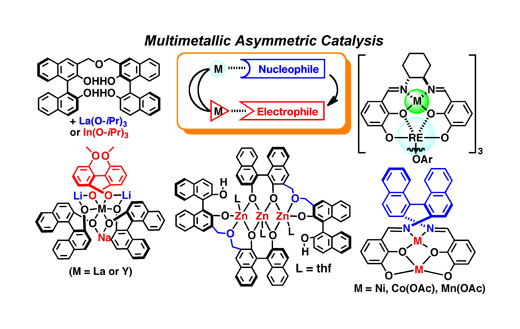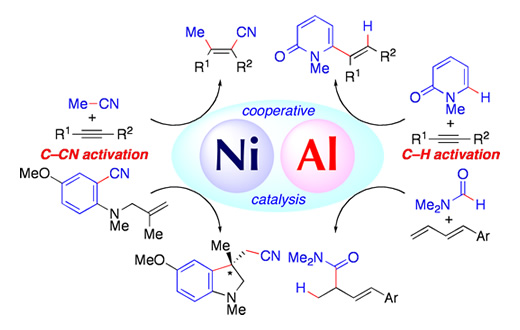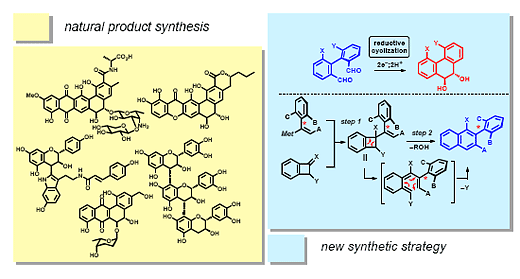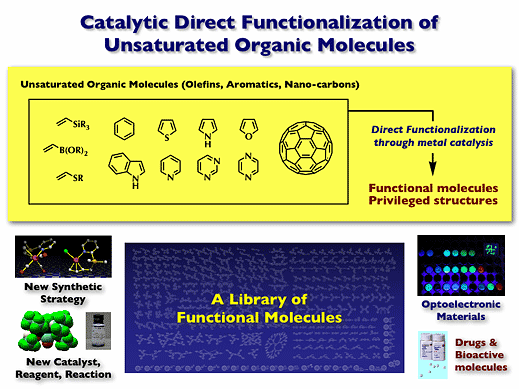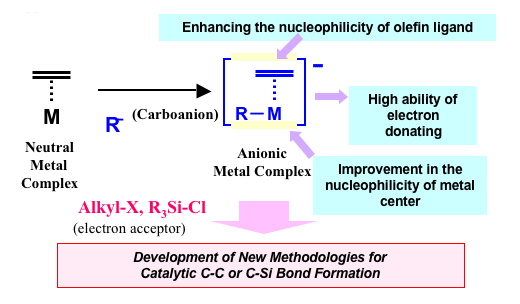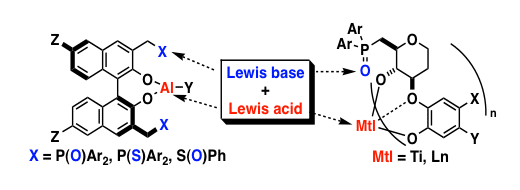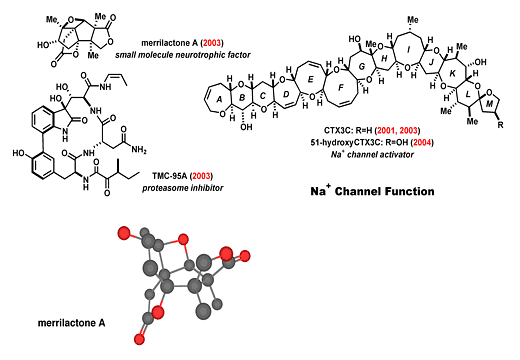Lectureship Award MBLA Winners
“MBLA 2024”

|
Winner Dr. Koji Kubota (Associate Professor, Faculty of Engineering Hokkaido University) Research subject
|
|---|
“MBLA 2023”

|
Winner Dr. Yoichi Hoshimoto (Associate Professor, Faculty of Engineering Osaka University) Research subject
|
|---|
“MBLA 2022”
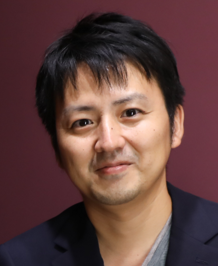
|
Winner Dr. Kenzo Yamatsugu (Professor, Graduate School of Pharmaceutical Sciences, Chiba University) Research subject
|
|---|
“MBLA 2021”
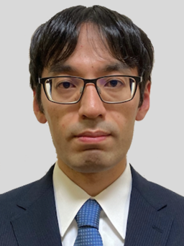
|
Winner Dr. Masakazu Nambo (Designated Associate Professor, Institute of Transformative Bio-Molecules, Nagoya University) Research subject
|
|---|
“MBLA 2020”
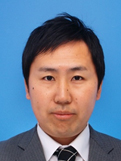
|
Winner Dr. Kohsuke Ohmatsu (Professor, Faculty of Science and Technology, Keio University) Research subject
|
|---|
“MBLA 2019”
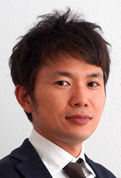
|
Winner Dr. Koji Hirano (Professor, Department of Applied Chemistry, Graduate School of Engineering, Osaka University) Research subject
|
|---|
“MBLA 2018”
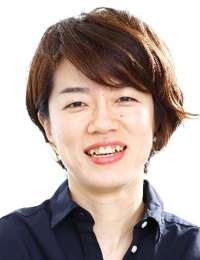
|
Winner Dr. Aiko Fukazawa (Professor, Institute for Integrated Cell-Material Sciences (iCeMS), Institute for Advanced Study, Kyoto University) Research subject
|
|---|
“MBLA 2017”

|
Winner Dr. Naoya Kumagai (Professor, Faculty of Pharmacy, Keio University) Research subject
|
|---|
“MBLA 2016”
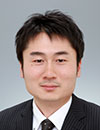
|
Winner Dr. Tomoki Ogoshi (Professor, Graduate School of Engineering, Kyoto University) Research subject
|
|---|
“MBLA 2015”

|
Winner Dr. Satoshi Maeda (Professor, Department of Chemistry, Faculty of Science, Hokkaido University) Research subject
|
|---|
“MBLA 2014”

|
Winner Dr. Jun Takaya (Professor, Graduate School of Engineering Science, Osaka University) Research subject Development of New Synthetic Reactions Catalyzed by a Transition Metal Complex Featuring Fluxional Behavior of a Silyl-Ligand
|
|---|
“MBLA 2013”
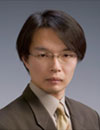
|
Winner Dr. Daisuke Uraguchi (Professor, Hokkaido University, Institute for Catalysis) Research subject Development of chiral organic ion pair catalysts for controlling reactive ionic intermediates
|
|---|
“MBLA 2012”

|
Winner Dr. Mamoru Tobisu (Professor, Graduate School of Engineering, Osaka University) Research subject Catalytic Transformations of Strong σ-Bonds
|
|---|
“MBLA 2011”
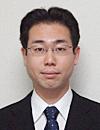
|
Winner Dr. Ryo Shintani (Professor, Graduate School of Engineering Science, Osaka University) Research subject Selective Synthesis of Cyclic Compounds under Transition Metal Catalysis
|
|---|
“MBLA 2010”
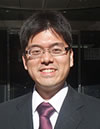
|
Winner Dr. Shigeki Matsunaga (Professor, Department of Chemistry, Graduate School of Science, Kyoto University) Research subject Development of Multimetallic Concerto Asymmetric Catalysis Using Multidentate Chiral Ligands
|
|---|
“MBLA 2009”

|
Winner Dr. Yoshiaki Nakao (Professor, Graduate School of Engineering, Kyoto University) Research subject C-C Bond Forming Addition Reactions by Cooperative Metal Catalysis
|
|---|
“MBLA 2008”
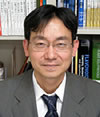
|
Winner Dr. Ken Ohmori (Professor, Department of Chemistry, Institute of Science Tokyo) Research subject Synthetic Study on Polycyclic Bioactive Natural ProductsTechnical Achievement
|
|---|
“MBLA 2007”
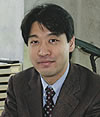
|
Winner Dr. Kenichiro Itami (Chief Scientist, Molecule Creation Laboratory, RIKEN) Research subject Creation of Functional Materials Based on Catalytic Direct Functionalization of Olefins and Aromatics
|
|---|
“MBLA 2006”

|
Winner Dr. Jun Terao (Professor, Graduate School of Art and Sciences, The University of Tokyo) Research subject New Methodologies for Carbon-Carbon and Carbon-Silicon Bond Forming Reactions Using Anionic Transition Metal Complexes as Active Catalytic Species
|
|---|
“MBLA 2005”

|
Winner Dr. Motomu Kanai (Professor, Graduate School of Pharmaceutical Sciences, The University of Tokyo) Research subject Development of Catalytic Enantioselective Carbon-Carbon Bond-Forming Reactions: Chirality Control for Tetrasubstituted Carbons |
|---|
“MBLA 2004”

|
Winner Dr. Masayuki Inoue (Professor, Graduate School of Pharmaceutical Sciences, The University of Tokyo) Research subject Total Synthesis of Neuromodulatory Natural Products |
|---|



